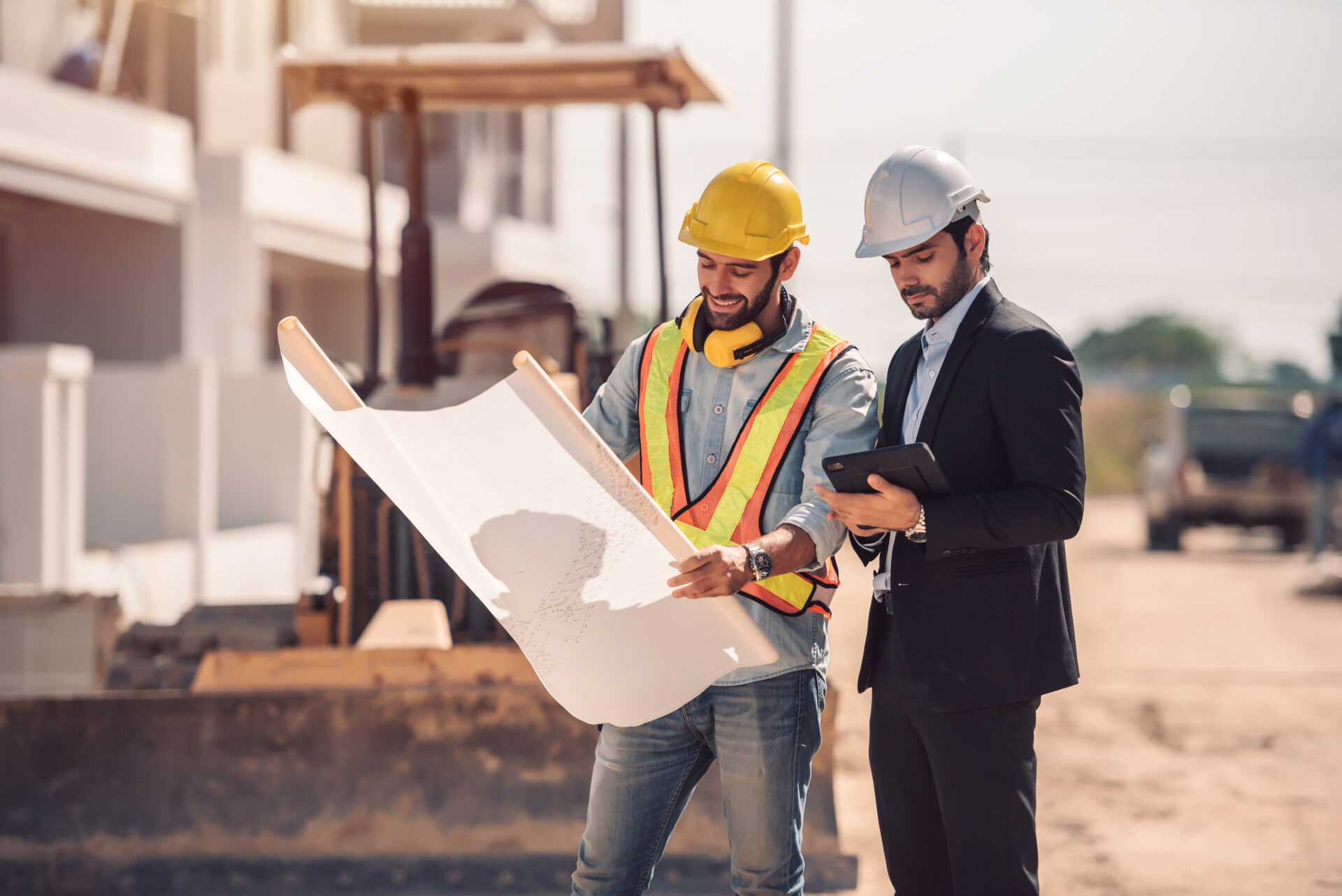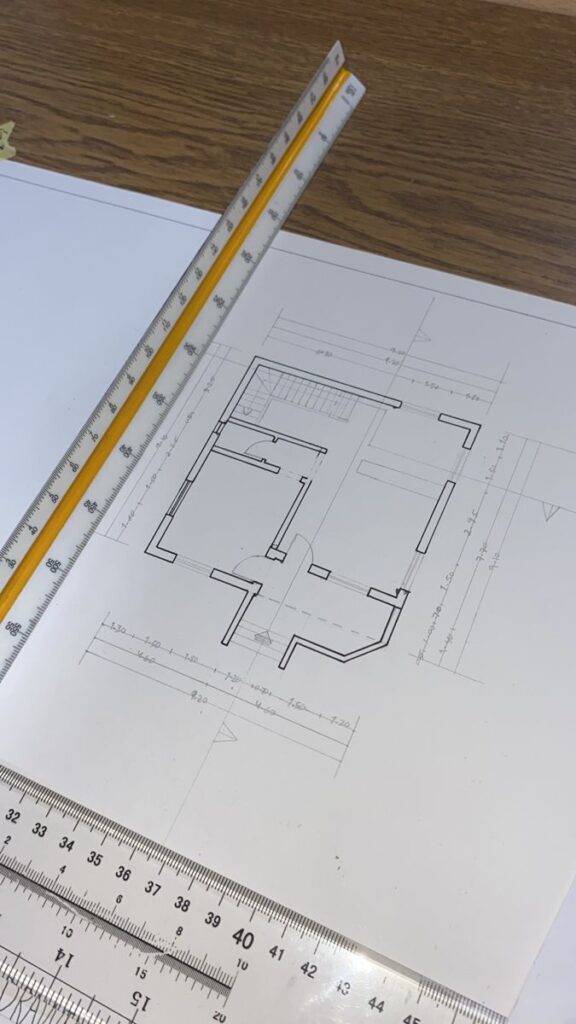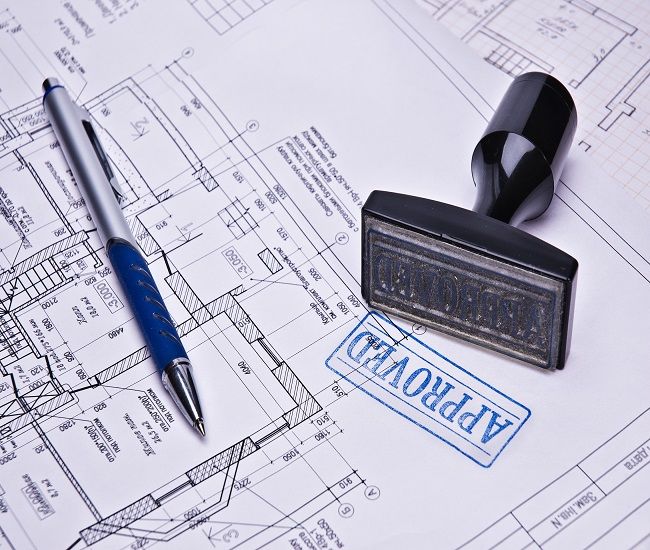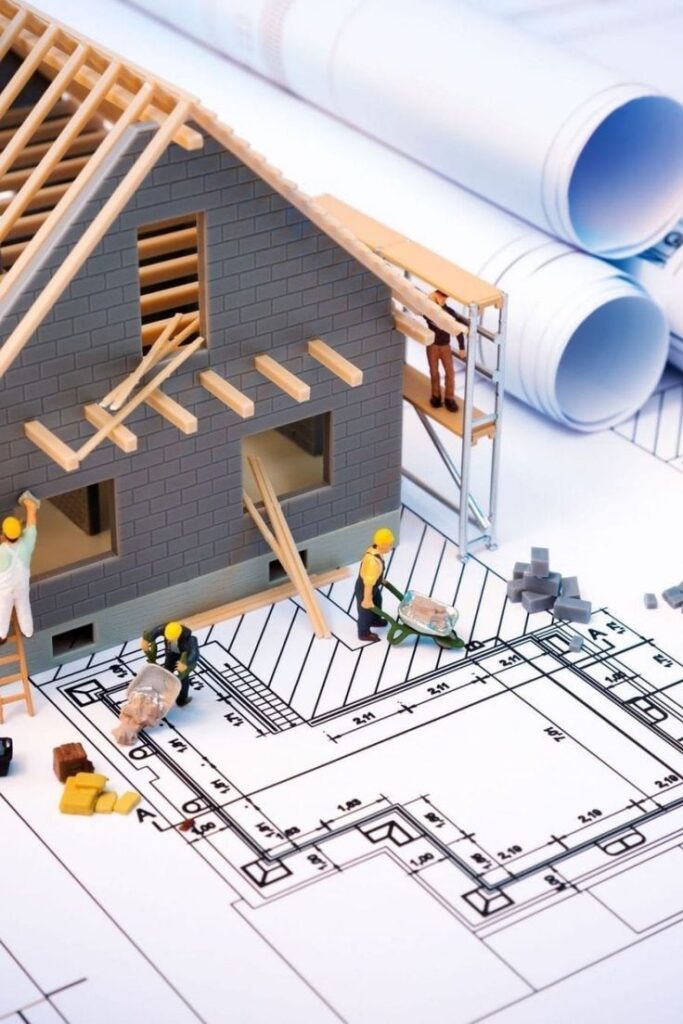
Stress-free and home construction—two words that don’t seem to fit together, right?
Actually, that doesn’t have to be the case! We’re here to show you exactly why they can and should go hand in hand. The rule is to know and understand the pre-construction process. It is during this phase that ideas begin to take shape, plans are set in motion, and the foundation for a stress-free construction process is laid. Knowing about this will help you make informed decisions, avoid costly mistakes, and, most importantly, manage your finances effectively.
Let’s take a look at the important areas new and future homeowners should know!
So, What Is Pre-Construction?
The pre-construction phase plan involves all the planning and preparation that happens before the first brick is laid.
Pre-construction planning includes setting a budget, choosing a plot, designing the house, obtaining necessary approvals, and preparing the site for construction. Having the pre-construction planning checklist will help you manage your finances and timelines effectively.
Steps Involved In Pre-Construction Process
Step 1: Setting Goals and Budget
The first and foremost step in the pre-construction process involves defining the home you dream to build and aligning that idea with your financial budget and capabilities.
Should my home include rental units? Do I want to go for a sustainable design or a traditional one?
You can use online tools or professional services to estimate costs and create a budget for your design, construction, and unforeseen expenses.


Step 2: Choosing the Right Plot
The location of your plot is as important as the design of your house.
Factors like proximity to essential services, soil quality, and sunlight availability should be considered. In metropolitan cities like Bangalore, verifying property documents and ensuring compliance with local zoning regulations is non-negotiable to avoid legal issues later.
Step 3: Creating a Blueprint and Design
For this step, you should involve architects and designers.
They will help you create a functional and aesthetic blueprint that aligns with your vision. Opting for a construction and design firm, such as Draft & Drill, can help you bridge the gap between your needs and a high-quality design.
Also, you should consider incorporating sustainable features and vastu principles if they align with your preferences.


Step 4: Approvals and Permits
The first step in building a house is obtaining the necessary and mandatory government approvals. These approvals ensure that the construction complies with legal, safety, and environmental standards.
Let’s look at the approvals and permits required to build a house in Bangalore
- Verify the ownership and legality of the land to avoid disputes.
- Obtain approval from the Bangalore Development Authority (BDA) or BBMP for the building plan.
- Ensure the land is approved for residential construction under zoning regulations.
- Obtain the Khata for property identification, which is essential for property tax payments.
- Required from the local municipal body before starting construction.
- Obtain NOCs from relevant departments, including fire safety (for larger structures), water and sewage board, and electricity department.
- Mandatory for large projects or sensitive areas to ensure sustainable practices.
- Post-construction, secure this certificate to confirm that the building is safe and habitable.
- Ensure the property is registered for tax purposes.
Step 5: Preparing for Construction
Before you lay the foundation of your home, you should ensure the site is prepared. Preparing includes soil testing to assess stability, clearing the land, and performing rituals like bhoomi pooja, which hold cultural significance in India.
Arranging finances, such as securing a home loan or setting up EMIs, also falls under this step.

Common Disputes & Practical Solutions
If you’re a middle-class Indian citizen who has finally taken the big step of building your dream home, congratulations! Here is the list of common construction pre-planning issues you may encounter and provide practical solutions to overcome them.
| Common Disputes | Practical Solutions |
| Delays in obtaining approvals | Work with experienced professionals who can foresee and mitigate potential issues. |
| Exceeding the budget due to unexpected costs | Keep a contingency fund. |
| Last-minute design changes | Finalize your design and budget before moving forward. |
Why Partnering with Experts Matters?
Pre-construction can feel overwhelming, but partnering with experienced firms like Draft & Drill ensures a smooth process. From customizable pre-designed homes to clear financial plans and regulatory support, we have experts who will help you.
Draft & Drill’s track record in handling projects across Bangalore demonstrates how professional guidance can pave the way for stress-free home construction.
Conclusion
A perfectly planned pre-construction phase leads to a smooth construction—just like a solid foundation supports a strong home. By checking the pre-construction checklist, you’ll avoid the common headaches that many new homeowners face. It’s easy to get caught up in the excitement of building but before you start picking out paint colors and tile designs, make sure the groundwork is laid out perfectly.
With the right preparation, your dream home won’t be a dream anymore—it’ll be a reality, built on solid decisions from the start.
Frequently Asked Questions
What is the first step in the pre-construction process?
The first step is ensuring the land is legally verified and obtaining the necessary land ownership documents.
How long does the pre-construction phase typically take?
The pre-construction phase can take anywhere from a few weeks to several months, depending on obtaining approvals, legal clearances, and finalizing design plans.
Do I need approval from the local municipality for my building plan?
Yes, you will need to get your building plan approved by the local municipal authority like BBMP or BDA in Bangalore.
How do I manage my construction budget effectively?
Start with a detailed budget, add a contingency fund (usually 10-15%), and get quotes from multiple contractors to avoid unexpected costs.
What is a Khata certificate and why is it important?
A Khata certificate is a legal document that proves ownership of property and is required for property tax registration and obtaining loans.
Can I start construction before getting all the required approvals?
No, it’s important to have all necessary approvals and permits before starting construction to avoid legal issues or penalties.
Do I need an architect or designer for my home?
Yes, hiring a qualified architect is highly recommended to ensure your home is designed according to your needs, local building codes, and
safety standards.
What permits are required to build a house in Bangalore?
You will need several permits including building plan approval from the BBMP/BDA, NOCs from fire safety and electricity boards, and environmental clearances if applicable.

